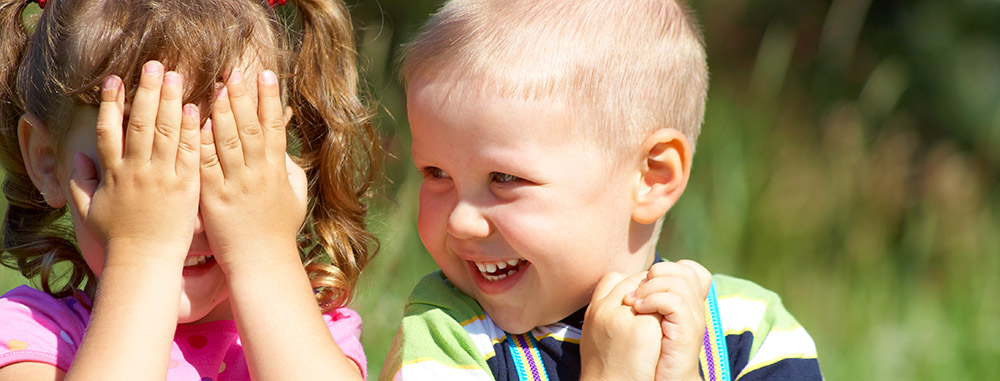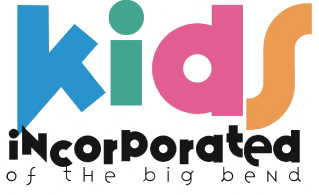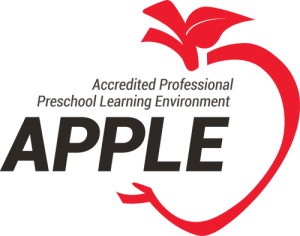Changing Conversations on Mental Health
The past two years of pandemic-induced isolation and social distancing has brought about increased awareness of mental health issues. From the Prince of Wales to Hollywood celebrities – the conversations have become more frequent and tangible.
Caregivers and professionals are questioning the impact of electronics and social media on school-age children and young adults. Gone are the days of everyone keeping quiet about depression or anxiety for fear of the stigma attached to mental health. What has not been discussed as much is the mental health of children 0-3. Many people believe that infants and young children are minimally impacted by their environment at such young ages – a perception that is far from the truth, according to experts.

Defining the Social and Emotional Development of Infant Mental Health
What does “infant mental health” mean for children 0-3? Infant mental health concentrates on how well a child develops socially and emotionally. Social health refers to the ability to establish positive and rewarding relationships with others. Emotional health development refers to an infant’s experience, expression and management of emotions.
Caregivers may not be aware of the full impact their behavior has on a child.
The Mayo Clinic listed examples that we have expanded for clarification.
Reading and understanding emotional states in others – a child’s ability to make eye contact and interpret facial expressions such as smiles, frowns and distress. The opposite would be avoiding eye contact, physical contact and presenting an unresponsive face. This is a direct reflection of their own interaction with caregivers and the emotional state the caregivers project when caring for the infant or toddler.
Managing strong emotions and expressing these in a constructive manner – at the ages of 0-3 they lack the ability to express themselves through words. What they can do is respond to comforting measures and find security in routines, particularly at bedtime when they need to feel safe for deep sleeping to occur. The opposite is seen when excessive crying or sleeplessness continues from a lack of trust in their caregiver or unresolved trauma leads to fears of loss or separation.
Developing empathy for others – what infants and toddlers experience and observe become what they expect – positive and negative. They do not have the life experience to judge if two caregivers arguing is a temporary misunderstanding. They experience loud voices, anger and likely a lack of comfort, smiles or reassuring routine surrounding the time of the argument.
On the opposite end is an infant that can trust their caregivers, then turns that trust to others, offering the same actions. Spend any time around toddlers and you can see one comforting another when learning how to walk causes a fall and frustration.
According to Zerotothree.org, “Understanding infant mental health is the key to preventing and treating the mental health problems of very young children and their families. It also helps guide the development of healthy social and emotional behaviors.”
Moving Forward in Mental Health for Infants and Toddlers
Behaviors to be aware of are not wanting to be held, not making eye contact, making only minimum noises or losing skills they once had. There are others on varying lists, but diagnosis is best left to professionals in pediatric development. The important takeaway is to be aware of what infants 0-3 experience and to be aware that environmental conditions do impact young minds and health.
The best news is that trauma and developmental challenges are treatable, once brought to the open for help and healing. The most precious gift you can give to an infant and toddler in your life is to be aware of their surroundings and interactions with others. If you have a concern, find professional help and be as honest as you can so the situation the child is coming from is clear. Be their advocate at this early and critical stage.
At Kids Incorporated of the Big Bend, our focus is on pregnant mothers, children 0-3 and their entire family. Mental health is a part of our overall goals in helping parents, families and caregivers succeed in supporting their child’s growth. Each time a family with an infant or toddler, or a pregnant woman enrolls in our program, we have the opportunity to help shape the lives of that family. And for that we are always grateful.
Find the best program for your family here.







